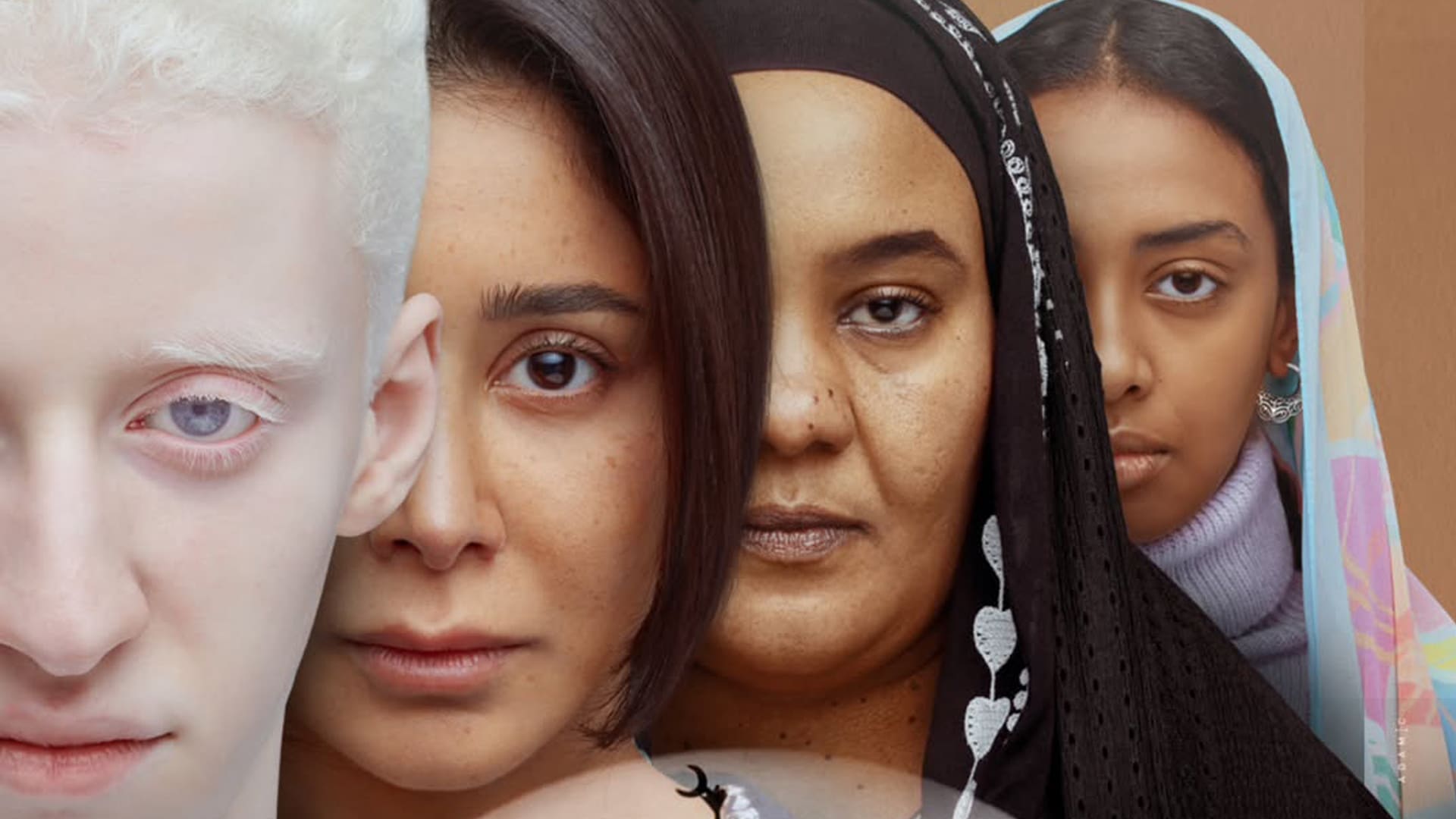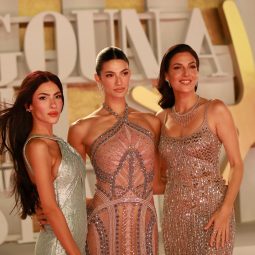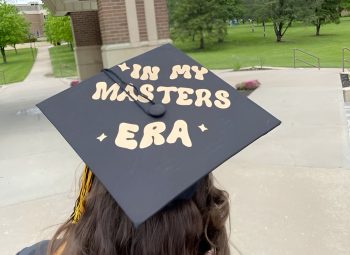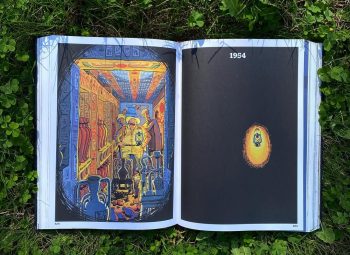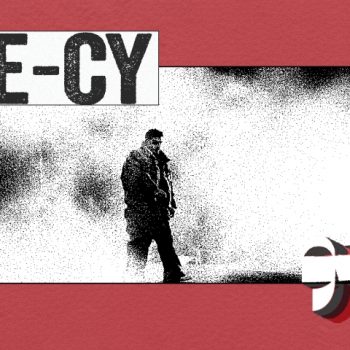In a world that chases cheap thrills and meaningless action-packed stories, this one comes as a fresh break from all that. Daye forces you to sit and deeply absorb every aspect of it, making you emerge from the movie theatre with a new perspective.
Feeling Different but Staying Connected
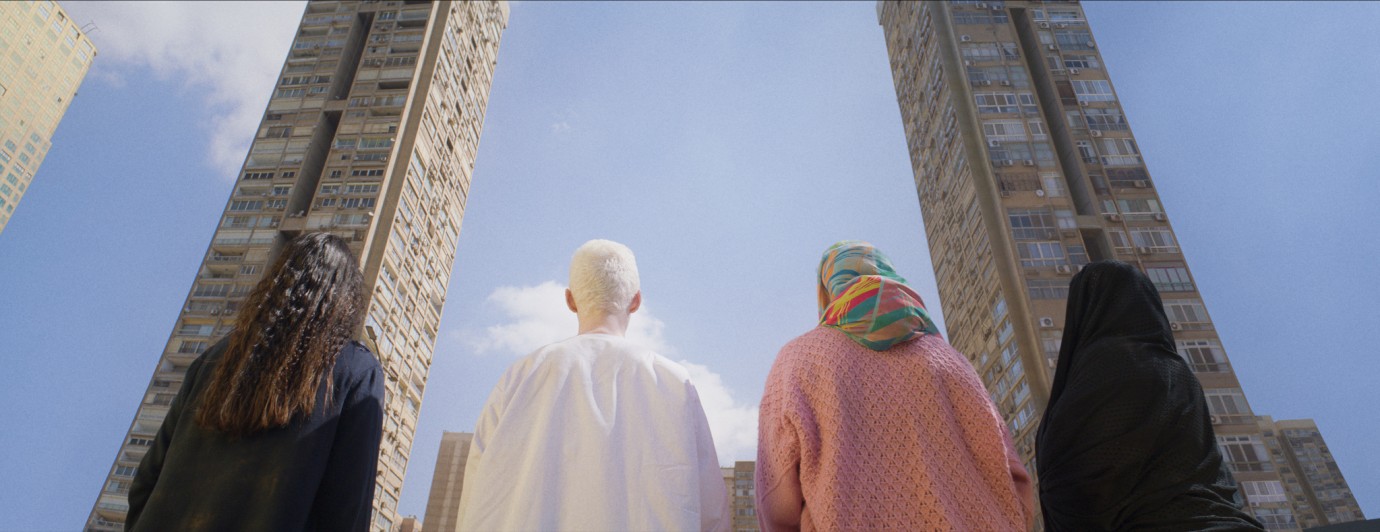
Being an albino in a culture that is defined by the sun is a paradox. Daye's struggle is in that he gets bullied for the way he looks, yet is still deeply connected to his heritage. His mother, El Haja Zenaib, thinks that the only way to protect him is to keep him at home. That way, he isn't exposed to the sun or the bullying.
Daye has dreams and aspirations; his role model is Mohamed Mounir, and he is determined to sing in front of the judges on The Voice. With the help of his music teacher, Sabreen, he gets accepted.
When his mother finally comes around, she forces him to wear a white galabeya. He is reluctant to do it because it makes him look pale, like a ghost. Haja Zenaib tells him that he has to be proud of his culture; he answers, saying, "Mesh lama tftekher bya el awel."
Presenting Big Issues in Small and Subtle Details
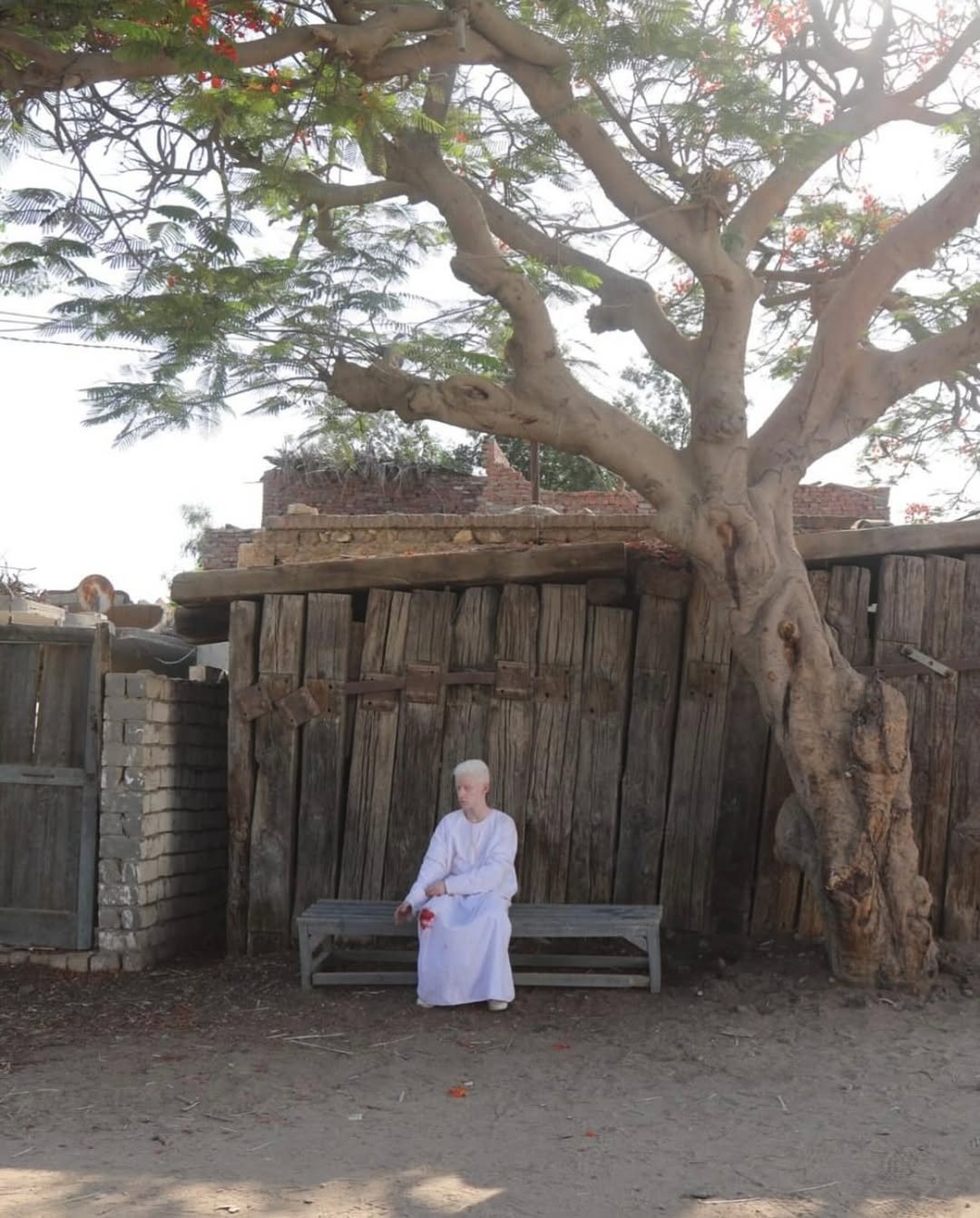
Image via Kataflam Extra
The film features several minor scenes that address major topics, including the exploitation of craftswomen, discrimination, and intolerance. For instance, El Haja Zeinab is a single mother supporting herself and her two children. She makes leather bags and purses for a merchant at very cheap prices, and she has to accept it because she needs the money.
Also, when she is crying for help in Cairo because Daye fainted from exposure to the sun and dehydration, people accuse her of kidnapping him because they don't look related.
El Haja Zeinab is not always the victim, though. She antagonises Sabreen for most of the movie due to prejudices against her being an outsider and from a different religion, as Sabreen is from Minya and has moved to Aswan to escape her family.
Karim El Shenawy Does It Again
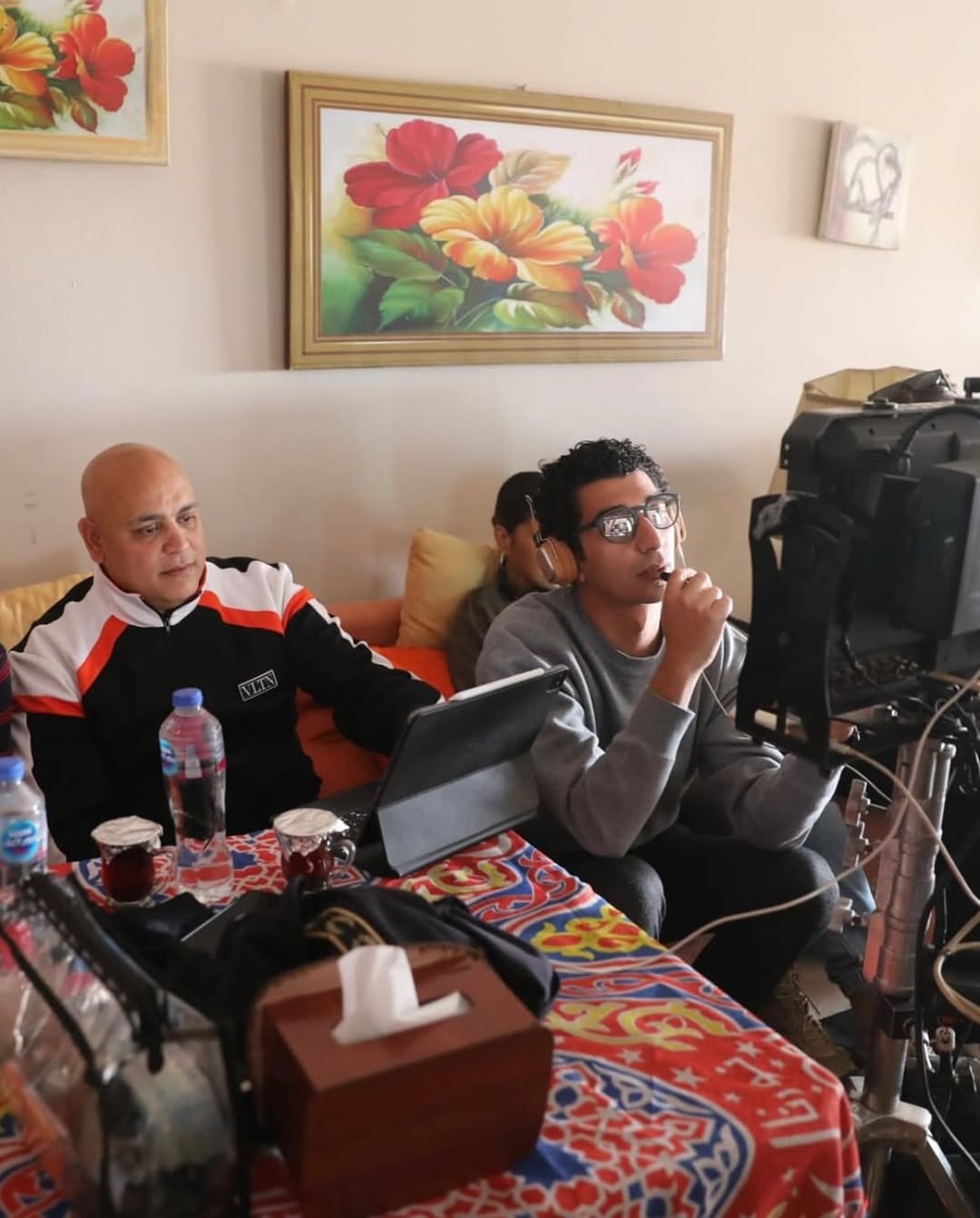
Image via Kataflam Extra
Karim El Shenawy takes the story to a whole new level. Through his direction, even the sun and the moon play their roles in this production. Shots of Daye at night staring at the moon are frequent. The moon is always clear and in focus, highlighting its safety and the connection to Daye that his mother is constantly trying to establish.
The sun, on the other hand, is only shown indirectly, in the rays hitting the character's faces, seeping in through the holes of Daye's mother's shawl when she is trying to protect him from it, pointing out the fear it's causing.
Badr Mohamed: Daye Between the Big Screen and Real Life
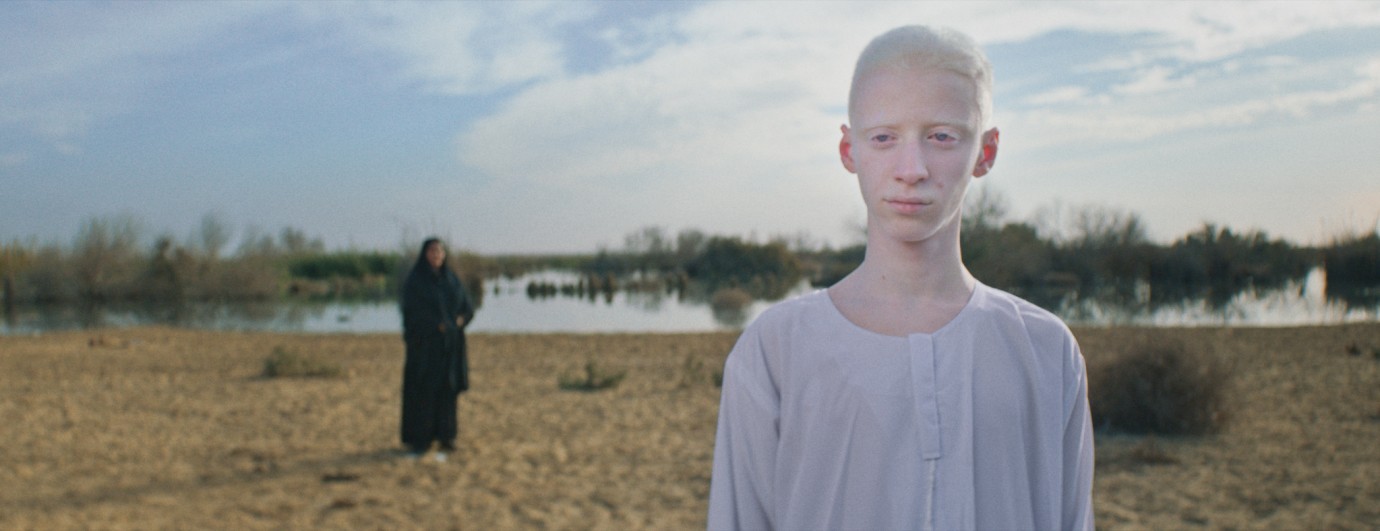
Badr Mohamed, who played Daye, gives a stellar performance even though this is his debut. As the first albino Egyptian actor in Arabic cinema, he shares many parallels with the character he played, which lends the performance a touching depth.
Islam Mubarak: A Groundbreaking Egyptian Cinema Debut
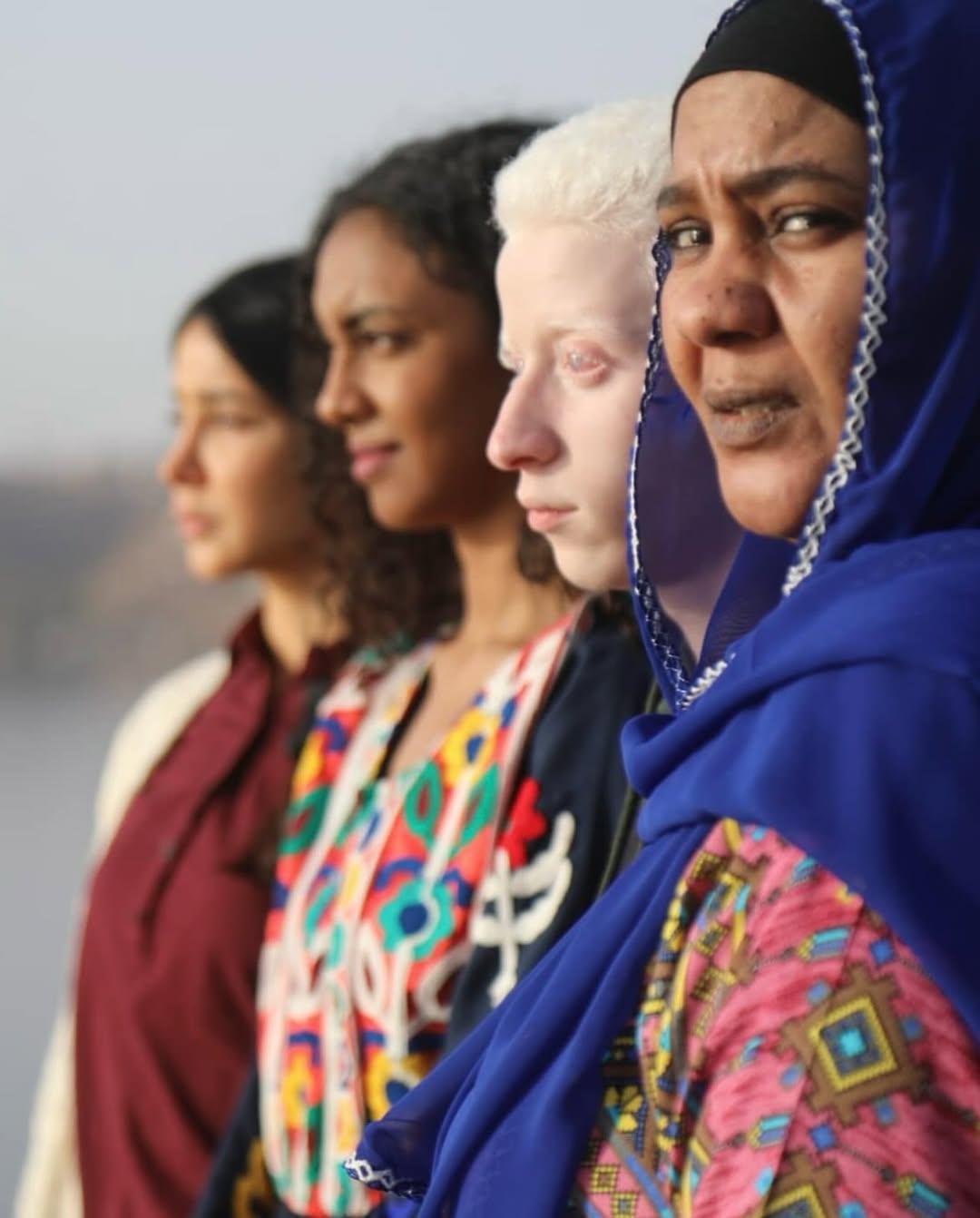
Islam Mubarak, in her Egyptian cinema debut, perfectly captures the scope of being a single mother, swinging from toughness to affection in a second, with all the emotions passing on her face in the blink of an eye. She protects her children the best way she can, not realising how that can sometimes be harmful.
Women's Roles Leading the Plot
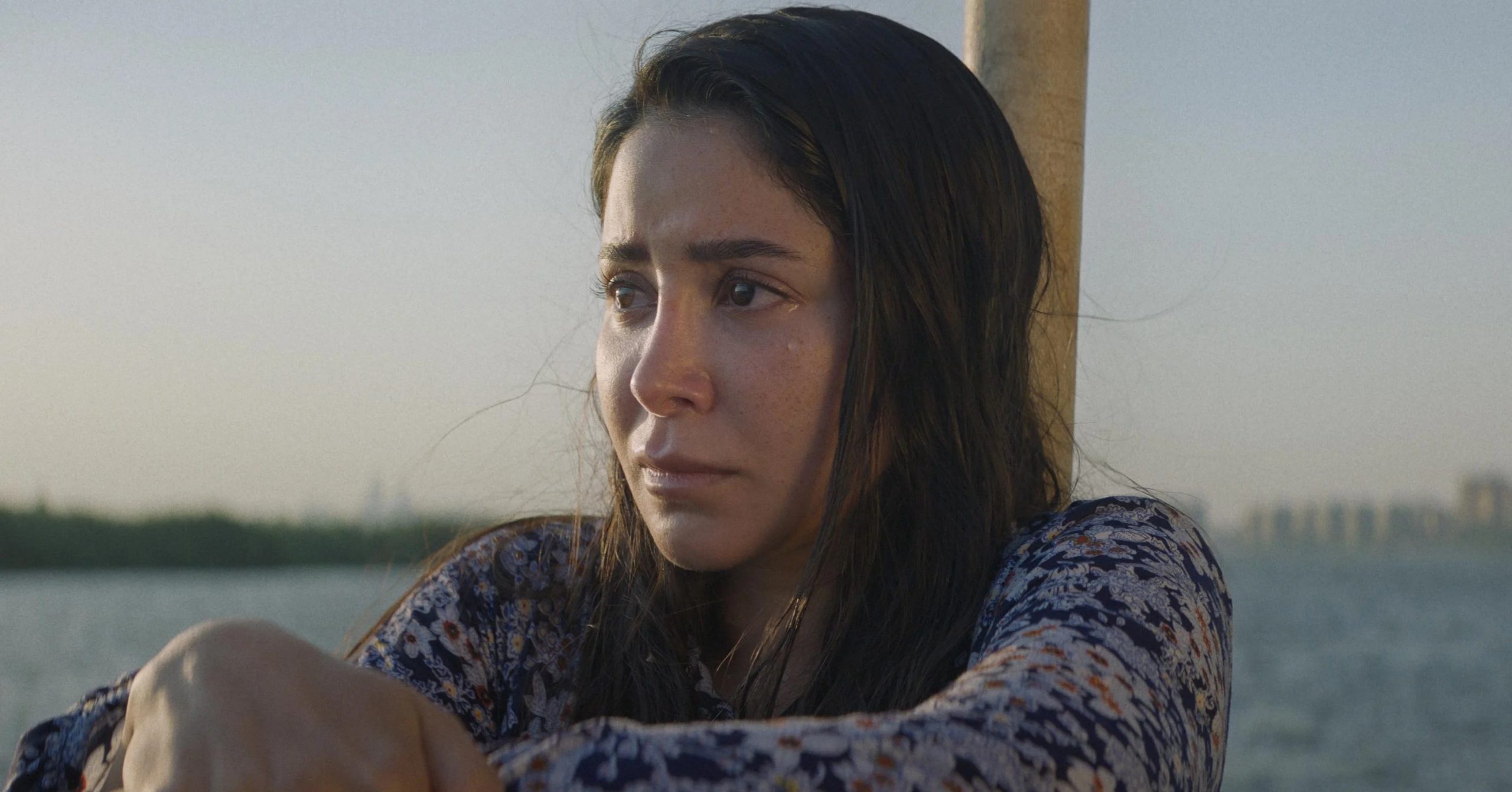
Haneen Saeed also provides an excellent representation of an older sister's conflicting feelings; she loves her brother, but at the same time, she misdirects her anger at her mother's neglect of her. Aseel Omran, the beautiful Saudi actress, crosses all creative limits with this one. She masters the Upper Egyptian dialect as if she really grew up in Minya. Her portrayal of Sabreen is flawless, showing the real-life experience of many single women.
Special Appearances Making It All Come Together
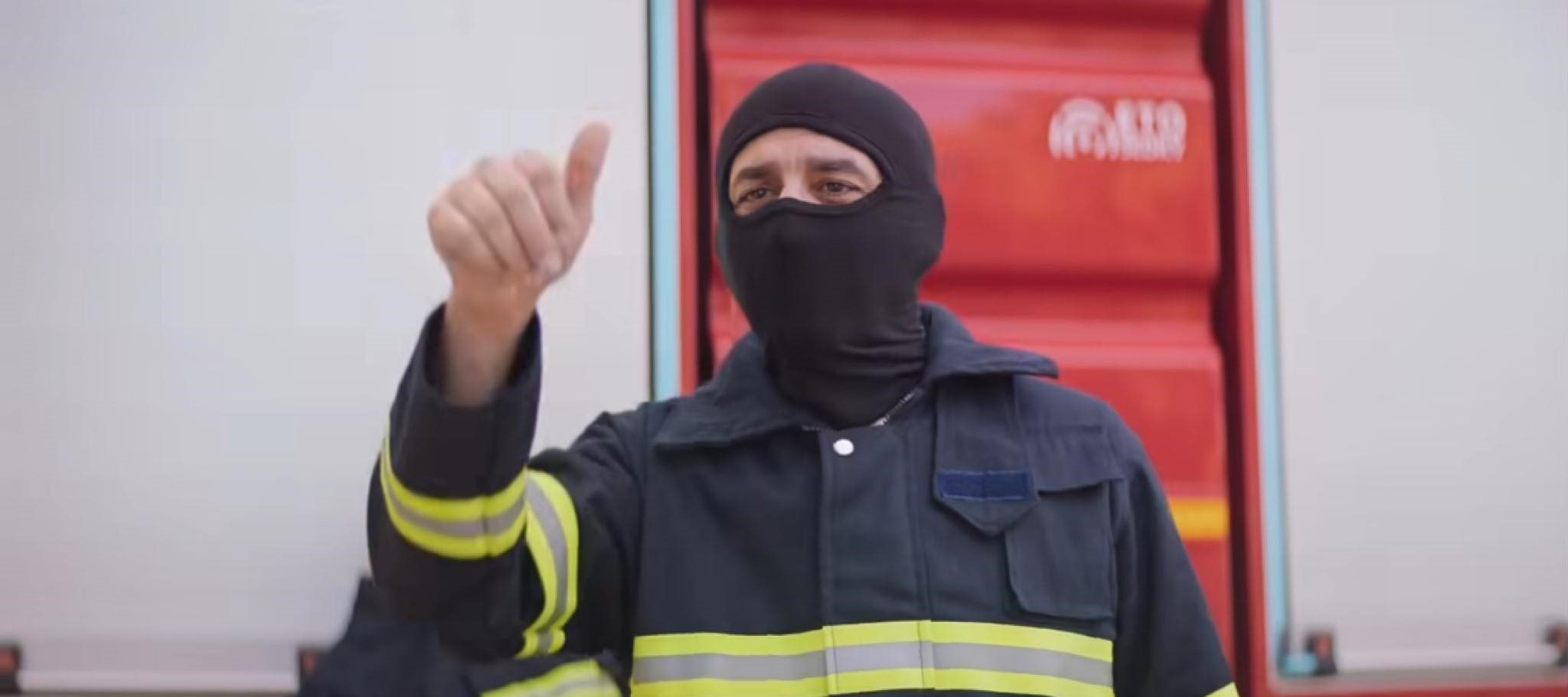
The guest stars gave the final touches on this masterpiece. Every one of them was placed perfectly and contributed significantly to the progress of the plot through impactful scenes. Especially, Ahmed Helmy and Arefa Abdul Rasoul.
The Masters Behind the Screen
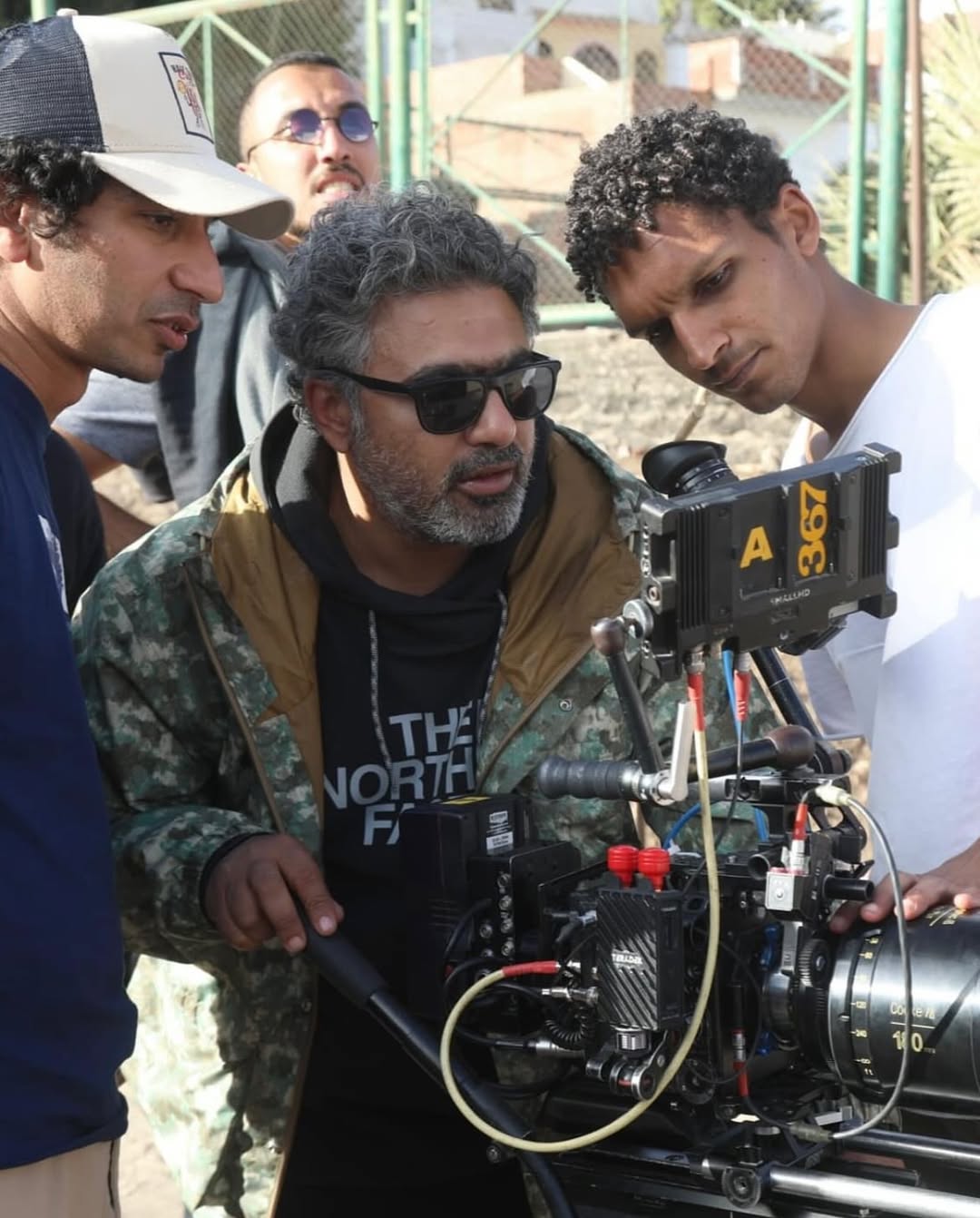
Image via Kataflam Extra
In their second collaboration, Haitham Dabbour and Karim El Shenawy combine their deeply human storytelling to give us a movie that no one will stop thinking about anytime soon. Dabbour crafts real, dynamic, and round characters. They're likeable, they're flawed, and they're people we encounter in real life, but most importantly, they can grow.

